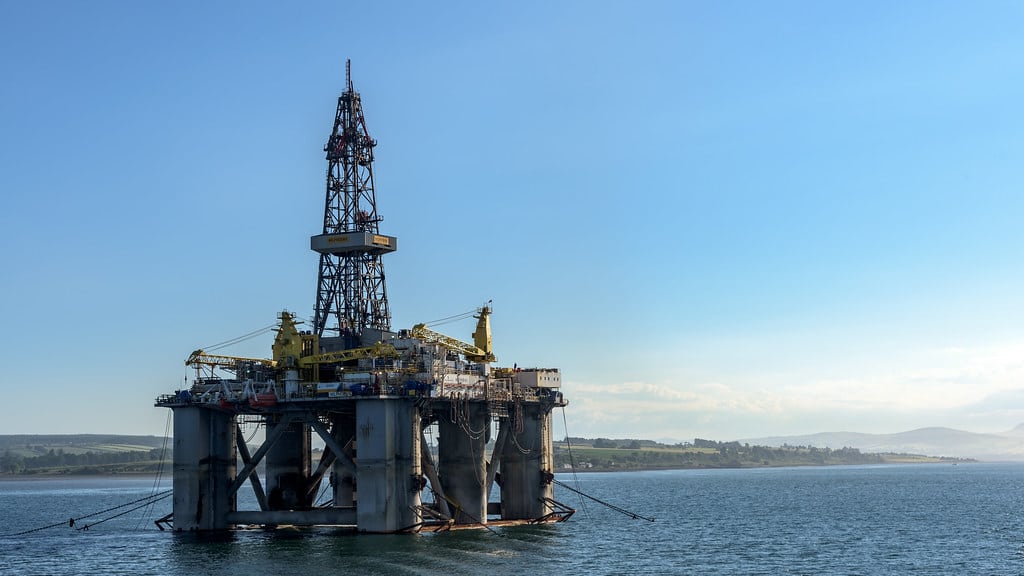Energy is a highly regulated industry across the world. There is less debate about the need for government control when it comes to the oil and gas sector. The arguments that most people accept for government intervention in energy, whether in the name of energy access, national security, or climate change mitigation, all share the same general premise: that energy is too important to be left to the whims of the free market.
But this year, the world has been thrust into an energy crisis, not by the free market or any natural disaster, but by politics. What 2022 has demonstrated is that the conventional wisdom is backward. In reality, energy is far too important to be left in the hands of government.
There is no free market in energy. That’s something even many critics of the free market will admit. For as long as the energy sector has existed, the government has regulated it. In the early days, the reasons presented for intervention usually revolved around how vital energy is for the nation’s economy. Then, in 1917, President Woodrow Wilson created the US Fuel Administration, which seized control of the energy supply to bolster the government’s war effort. After the war, intervention in the name of geopolitical strategy continued. More recently, there’s been a push for a state-enforced transition away from fossil fuels to attempt to reverse climate change.
Today the U.S. government subjects energy companies to strict regulations, grants billions in subsidies to energy producers, controls the rights to drill oil-rich federal land, and even hoards hundreds of millions of barrels of oil for strategic purposes. Many foreign countries, such as Russia, Norway, Saudi Arabia, Venezuela, the Netherlands, and China, either have totally state-controlled energy or energy industries dominated by state-owned corporations. In the US and globally, energy is controlled by government, and the results have proven disastrous.
This year, the West has been gripped by an energy crisis set only to worsen. Available fuel supplies collapsed after Western governments attempted to sanction the Russian regime for invading territory claimed by the Ukrainian regime. The U.S. and many of its European allies cut their citizens’ access to Russian oil and gas. Americans were met with high prices at the pump, but Europeans have fared much worse.
For decades, the people of Europe have enjoyed access to affordable energy from the gas fields of West Siberia, the Gulf of Ob, and the eastern Arctic Circle. But because these gas deposits are controlled by the Russian government, that access has been cut off. Now there is not enough energy for Europeans to meet their needs.
During a cold snap in early October, Europeans fought over a dwindling supply of firewood as they struggled to heat their homes. People in Poland even burned trash to stay warm. In Switzerland, heating your house above sixty-six degrees Fahrenheit may even land you in prison for up to three years. Many European countries have some natural gas stored, but at current consumption levels, it will barely be enough to last through a typical winter.
The proper supply of oil and gas exists, as do the means to deliver it. And the market incentives are present to get Europeans the energy they need. But politicians are too busy playing their global power games, and everyday Europeans will bear the costs.
Thanks to fracking, Americans aren’t as hurt by the cuts to Russian energy imports. But the effects are still being felt. Washington has also grown reluctant to grant new drilling permits and allow the construction of interstate energy infrastructure like pipelines. Combine that with the volume of oil set aside for the Strategic Petroleum Reserve, and it’s clear that the government is constraining the domestic energy supply to the detriment of the American people.
That only promises to get worse as politicians attempt to force an energy transition to more expensive and less reliable sources like solar and wind. Unfortunately, thanks to the legacy of heavy intervention, the U.S. government has the means to enact these destructive changes without acquiring vast new regulatory authority. And the ardent promises to block future fossil fuel use have likely dissuaded investment in the infrastructure necessary to meet our needs in the future. Europe’s next few winters will preview what’s in store under tomorrow’s “green” policies.
This is what government control of energy looks like. It doesn’t benefit the common good. It allows narcissistic politicians to weaponize the lifeblood of a modern economy for their global power games. It grants control to a destructive group of maniacs willing to subject the public to tremendous pain to make themselves feel like good people. Energy is too important to be run by people so removed from the pain they are causing. What the world needs is energy liberated from the whims of politics.
This article was originally featured at the Ludwig von Mises Institute and is republished with permission.
































